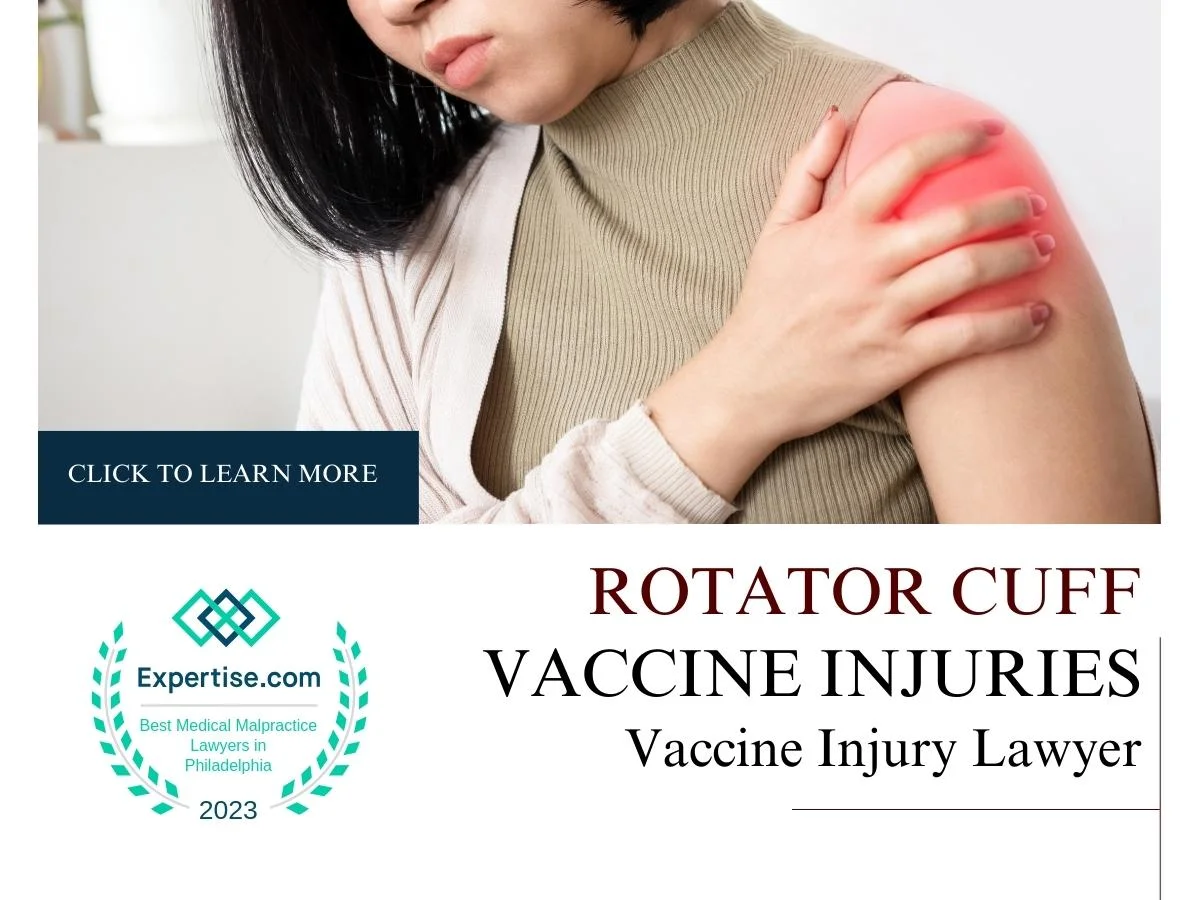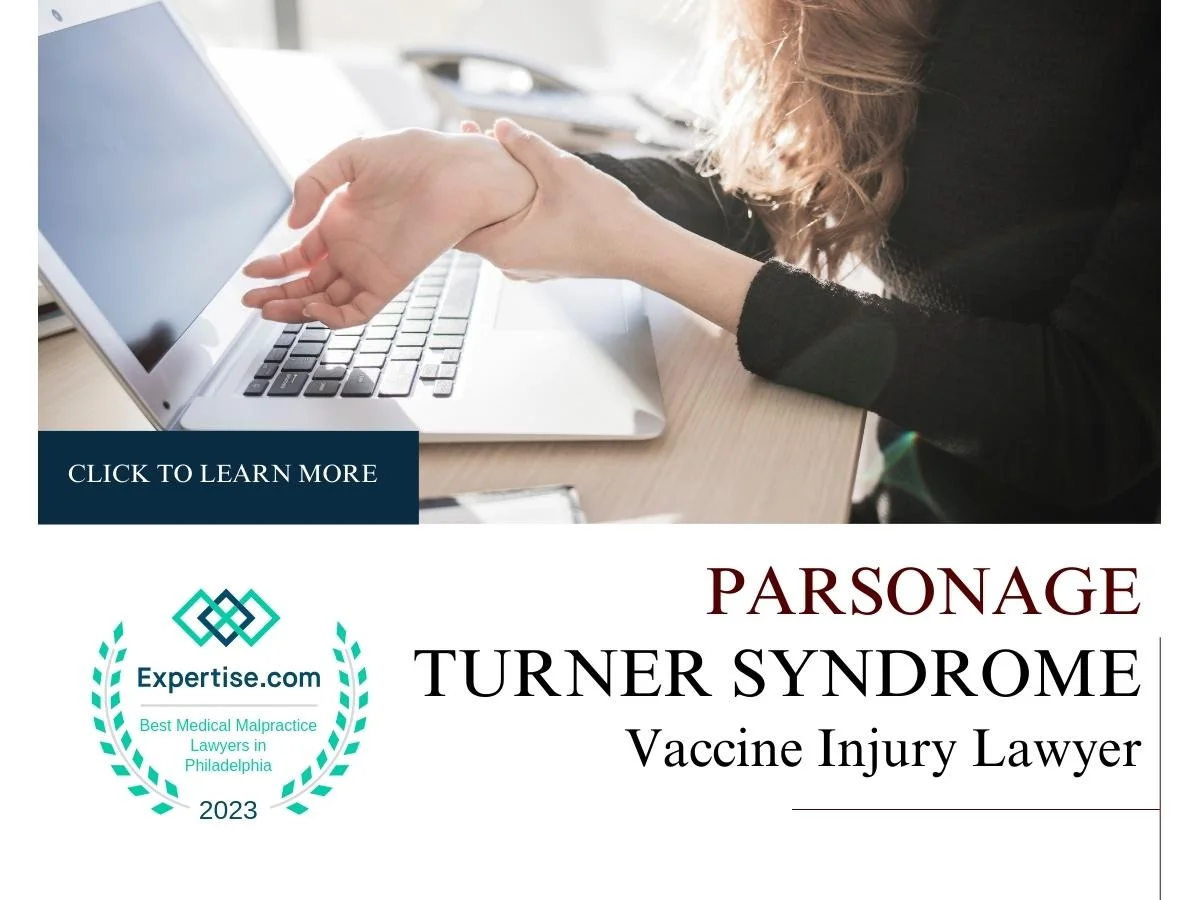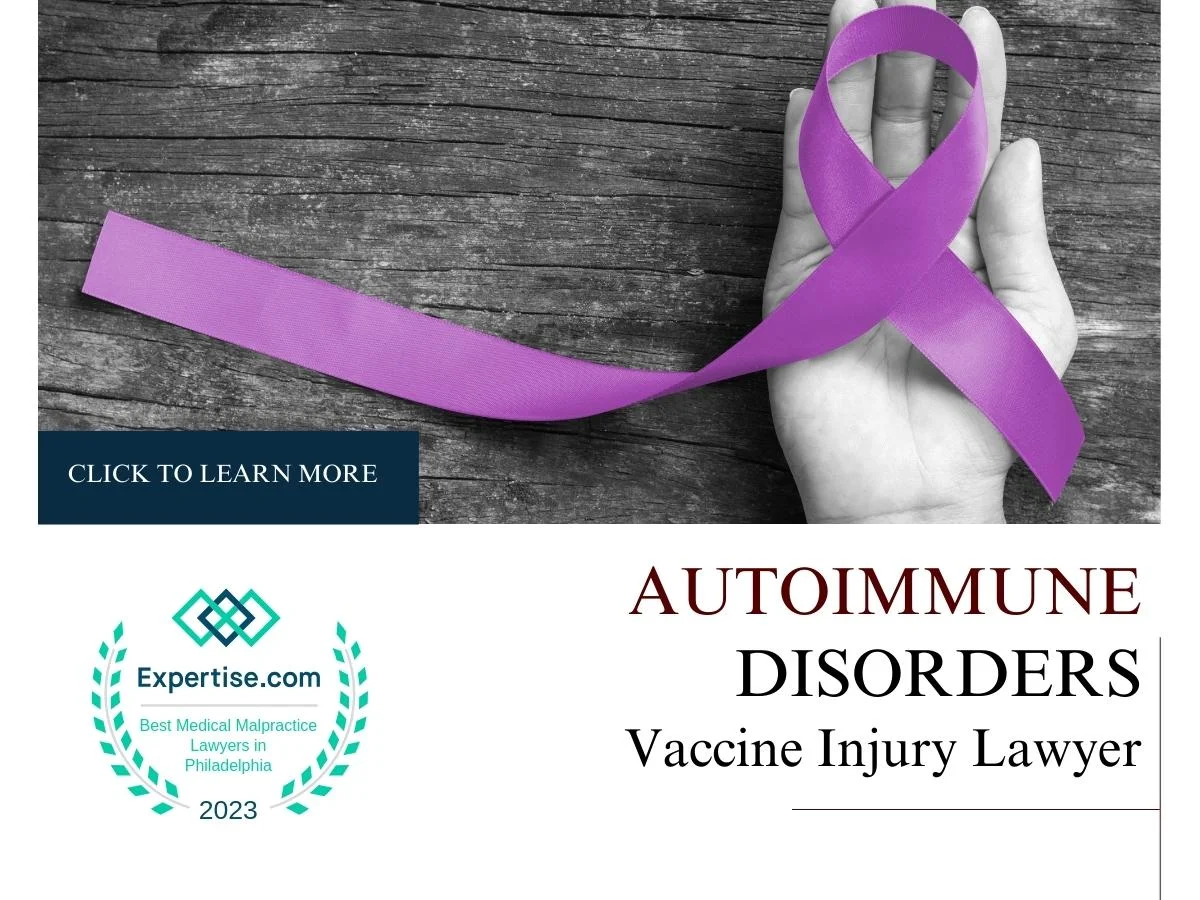Rotator Cuff Tears from Vaccines: Causes, Symptoms, and Treatment
A rotator cuff tear occurs when one of the tendons in the shoulder detaches from the bone, which can lead to pain, weakness, and a limited range of...
About Us
Vaccine Injury Lawyer
Types of Injuries
All Covered Vaccines
3 min read
Vaccine Injury Law Resources / Autoimmune / Autoimmune Disorders and Vaccinations: Risks and Realities
 Leigh Finfer
:
Aug 11, 2023 8:00:00 AM
Leigh Finfer
:
Aug 11, 2023 8:00:00 AM
Autoimmune disorders are a series of conditions that occur when the body’s immune system mistakenly attacks healthy parts of the body. Whereas a healthy immune system would target and attack viruses or bacteria when someone is sick, for example, an autoimmune disorder results in the immune system choosing to attack other parts of the body as though they were viruses or bacteria. There are over 80 recognized types of autoimmune disorders, and any part of the body can be targeted depending on which form the disorder takes, including the nervous system, digestive system, and integumentary system (skin).
While the exact cause of many autoimmune disorders are not yet fully understood, recent research suggests that a risk factor for developing an autoimmune disorder is vaccination. Although very rare, it has been reported that there has been a rise in reported cases of autoimmune disorders following vaccinations. In a 2022 paper published in the journal Immunology, researchers concluded that “emerging evidence has indicated that new onset of autoimmune manifestations…appear to be associated with COVID-19 vaccines.”
Although there have been reports of increased risk of developing certain autoimmune disorders due to vaccination, the risk is still very low. Nearly all doctors and medical professionals recommend getting vaccinated, as the benefits far outweigh the risk.
There are over 80 known types of autoimmune disorders that range wildly in severity. Some, such as psoriasis, are extraordinarily common, affecting millions of people worldwide, and in many cases can be effectively treated with simple creams or ointments. Others, such as vasculitis, are incredibly rare and can lead to death if not given immediate treatment. Likewise, the type of autoimmune disorders that have been connected to vaccines can also vary. Notable disorders include vaccine-induced immune thrombosis thrombocytopenia (VITT), Guillain-Barré syndrome (GBS), and Berger’s disease.
VITT is a condition characterized by the formation of blood clots (thrombosis) and low platelet counts (thrombocytopenia) that occur following the administration of a vaccine. Symptoms include headaches, abdominal pain, shortness of breath, and swelling and pain in the legs. Symptoms can manifest anywhere from days to weeks following vaccination. While the exact manner in which vaccines can cause VITT is not fully understood, it is believed that it is caused by a reaction to the intended immune response of the vaccine. While vaccines are intended to promote a level of antibody production to better combat disease, it is theorized that antibodies stimulated by vaccination have an adverse reaction with platelet production, causing an autoimmune response.
GBS is a rare neurological disorder where the immune system attacks the nervous system, leading to numbness, pain, decreased motor function, and nerve damage. Symptoms can develop as soon as several hours after vaccination. Like with VITT, the exact cause is not understood. However, multiple theories regarding how exactly vaccines can stimulate the development of GBS in patients have arisen as more research has been done. Most prominently is the theory of molecular mimicry. When a vaccine component tries to stimulate an immune response against them, it might inadvertently cause the immune system to also attack nerve cells due to structural similarities. Other theories include an increased immune system activation, where a vaccine may cause the immune system to become overactive, resulting in the targeting of healthy cells. There is also research to suggest that GBS can be caused by an inflammatory response to vaccination. Following a vaccination, the immune system can sometimes trigger inflammation, and this has been theorized to cause damage to nerve cells, leading to GBS.
Berger’s disease (also commonly referred to as IgA nephropathy) is a disease that impacts both the kidneys and the immune system. It occurs when the protein immunoglobulin A (IgA) builds up in the kidneys, which causes inflammation that can impact the kidney’s ability to properly filter waste in the blood. Berger’s disease is believed to be caused by an overactive production of the IgA antibody. While normally IgA is produced to combat infections, in cases of Berger’s disease IgA is deposited in large amounts in the glomeruli (a cluster of nerve endings and blood vessels in the kidney). This causes inflammation and reduced kidney function. Symptoms of Berger’s disease include blood in urine, pain in the back and side, and kidney failure. Like with VITT and GBS, it is theorized that Berger’s disease as a side effect of vaccination may be caused by an abnormal immune response, where overabundant quantities of antibodies may be produced.
Developing an autoimmune disorder due to a vaccination is a frightening and painful thing. It can have a massive impact on your quality of life and lead to difficulties performing everyday tasks. But you don’t need to go through it alone. At My Vaccine Lawyer, our experienced team believes that nobody should need to file a vaccine injury claim by themselves when they should be focusing on their recovery. Contact My Vaccine Lawyer to take the first step towards the justice you deserve.
Leigh A. Finfer is a vaccine and personal injury attorney at Muller Brazil and My Vaccine Lawyer. Mrs. Finfer has been with the firm since June 2018 and her practice includes representing vaccine injury victims, personal injury victims, and those who suffer injuries as a result of unsafe drugs and medical devices.

A rotator cuff tear occurs when one of the tendons in the shoulder detaches from the bone, which can lead to pain, weakness, and a limited range of...

Vaccines are a critical part of public health, helping to protect us from serious and potentially deadly diseases. However, there is mounting...

Experiencing Parsonage-Turner Syndrome (PTS) after vaccination can make you a candidate to get entitled to compensation. PTS is a rare condition that...
